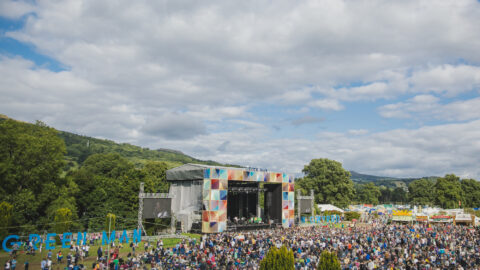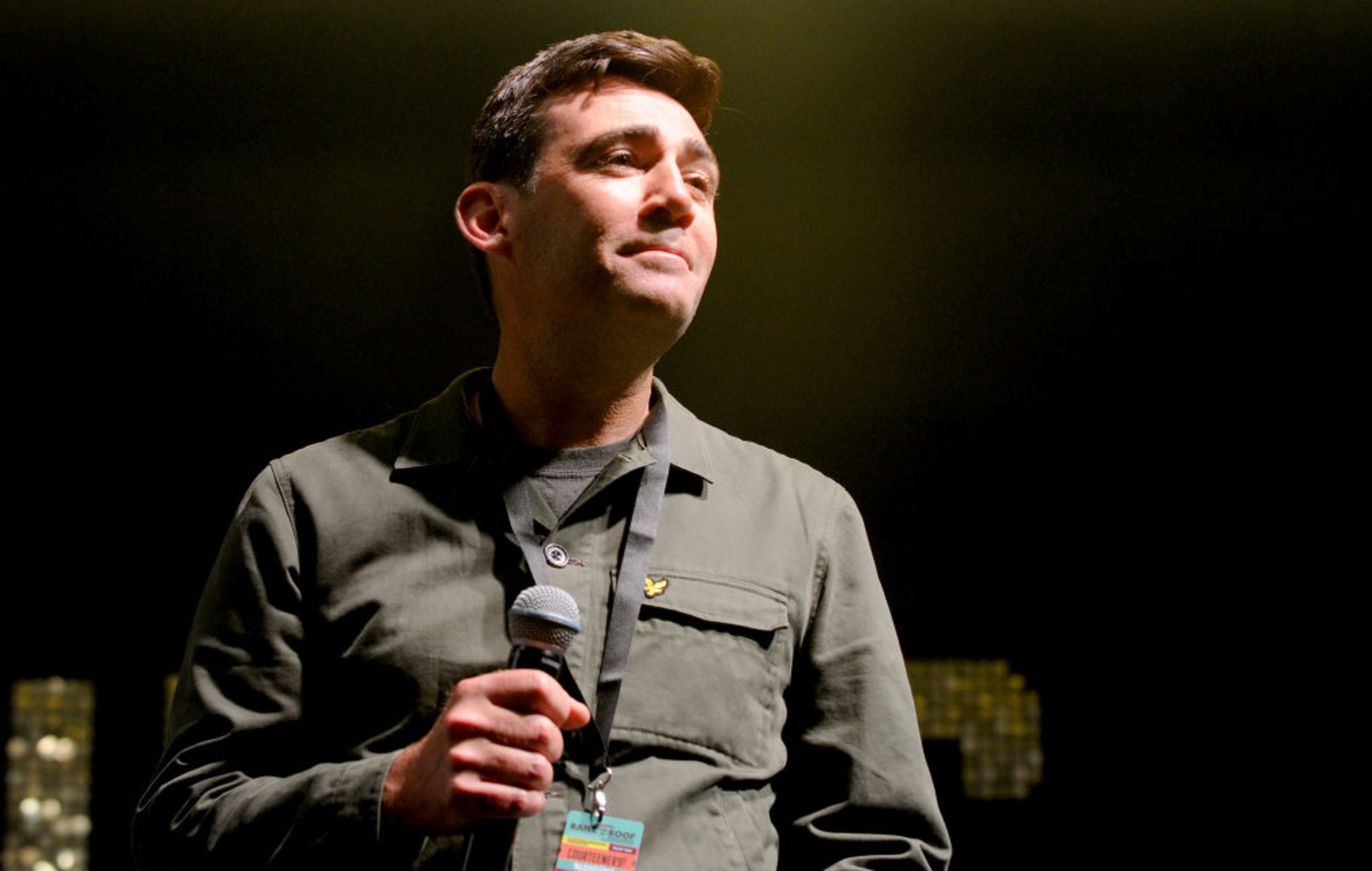
The inscrutability of a blank face can sometimes shout loudest of all. As commemorative pictures of Terry Hall – deadpan centrepiece of The Specials’ onstage maelstrom and ska punk’s very own Easter Island statue – filled our timelines as news of his death sent a wave of grief across social media, so much could be read behind those eyes, glowering through the eras.
In the intense post-punk riot starter of The Specials could be found accusation and defiance: of the political mistreatments of Britain’s ghost town youth, and of the societal intolerance and racism The Specials existed to confront. In the cold stare of the ‘80s pop pin-up can be read a staunch survival, as a history of child abuse, mental health issues and thwarted ambitions (Hall’s parents refused to let him try out for West Bromwich Albion or attend the grammar school that offered him a place) clashes with the stark realisms of pop stardom. And even in the semi-smiles of the elder statesman of the Specials reunion lurked a smouldering agitation that enough was finally enough. Still waters rarely ran deeper.
In assessing the man’s impact and legacy, we must naturally start at The Specials. No one man was father of 2-Tone’s inclusion revolution – bandmates Jerry Dammers, Neville Staple, Lynval Golding, Roddy Radiation, Horace Panter and John Bradbury all whipped up the storm around Hall. But as co-frontman Hall acted as marshal and herald of the first multi-racial British band to break through to the mainstream.

- Read more – The Specials and Saffiyah Khan: “What we said has reached people – and that’s the only important thing”
The mods had long loved ska and northern soul, and early punk clubs had grooved along to Don Letts’ reggae and rocksteady tracks before there were enough punk singles to fill a night; hence The Clash’s dubbier moments. But there was precious little space permitted for diverse faces in such scenes, and The Specials’ arrival – a frenzy of multi-cultural energy covering Prince Buster, Dandy Livingstone and Toots & The Maytals and ranting anti-racist messages in the faces of the misguided National Front kids fighting in their front rows – was as bold as it was brazen. Their very existence was a much-needed wake up call to British culture, and the bigger they got with tracks like ‘Too Much Too Young’, ‘A Message To You, Rudy’, ‘Rat Race’ and the era-defining ‘Ghost Town’ the more barriers broke, the more acceptance flooded in.
The Specials’ place as a foundational bedrock of diversity, inclusion and unity in British music has lasted generations. When 18-year-old Saffiyah Khan smilingly faced down the hatred of an EDL member at a march in Birmingham in 2017, the fact that she was wearing a Specials t-shirt didn’t mark her out as a militant throwback, it spot-lit the band as eternal figureheads of the anti-racist struggle, as relevant to the youth of today as that of 1979.
Hall’s wider political import was a powerful offshoot of The Specials’ social tubthumping. When this buttoned-down, buzz-cut blank canvas sang of urban decay, deprivation and violence it was as the inner city every-teen living out – but kicking back against – the “no future” of ‘God Save The Queen’. As Thatcherism bit hard and the Red Wedge movement raged away on the margins, it was his pale, emotionless visage, staring through the windscreen of a car cruising some shuttered Midlands ‘Ghost Town’, which encapsulated the hopeless frustration building on the breadline, the silent screams being drowned out by the popping of bankers’ corks. The resentment that, days before the single’s release, erupted in riots across the country.
Later, he’d come to represent another unspoken struggle, albeit with a brighter outcome. Having hidden his horrific tale of abduction by a paedophile ring from the public for decades, suffered long-term depression, been diagnosed with bipolar disorder and attempted suicide in 2004, of late he’d spoken openly about his experiences and how he’d been able to turn his mental health around at the age of 50. As harrowing a story as it was, it was one we needed to hear – that anything is survivable, no issue insurmountable, any burden possible to shed. Where so many sufferers campaign for better understanding from the midst of their struggles, Hall spoke out as a beacon of light at the end of the tunnel.

All of which should not overshadow his immense musical contribution. There were The Specials’ exuberant classics. Fun Boy Three’s delectably dour pop ditties (‘It Aint What You Do…’, ‘The Lunatics (Have Taken Over The Asylum)’). And the wide array of collaborations and diversions he later took, having no qualms in flitting between folk rock (with The Colourfield), electropop (with Dave Stewart as Vegas), rap-laced world textures (alongside Fun-Da-Mental’s Mushtaq Uddin on 2003’s ’The Hour Of Two Lights’) and upbeat indie: Hall was the unlikely co-writer of The Lightning Seeds’ ‘Sense’. Having partly inspired the project, Hall was also high on Damon Albarn’s dream list of collaborators for Gorillaz, appearing on ‘911’ in 2001.
If much of his post-Specials work went under-appreciated, it nonetheless stands as a talent fully explored, a creative life well lived. Perhaps that’s why he returned to The Specials for the 2009 reunion as a lighter, more self-assured presence, even as his political fires raged on on ‘Encore’ and ‘Protest Songs’. But if we’re to take one message from this blessed yet brutal life, it’s one he gave us early on. Enjoy yourself, it’s later than you think.
The post How Terry Hall and The Specials provided British culture with a much-needed wake-up call appeared first on NME.






